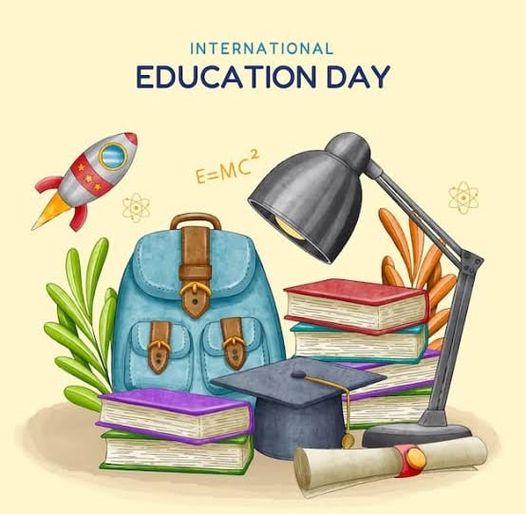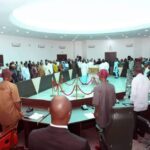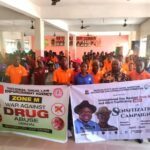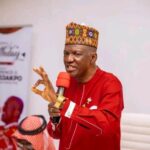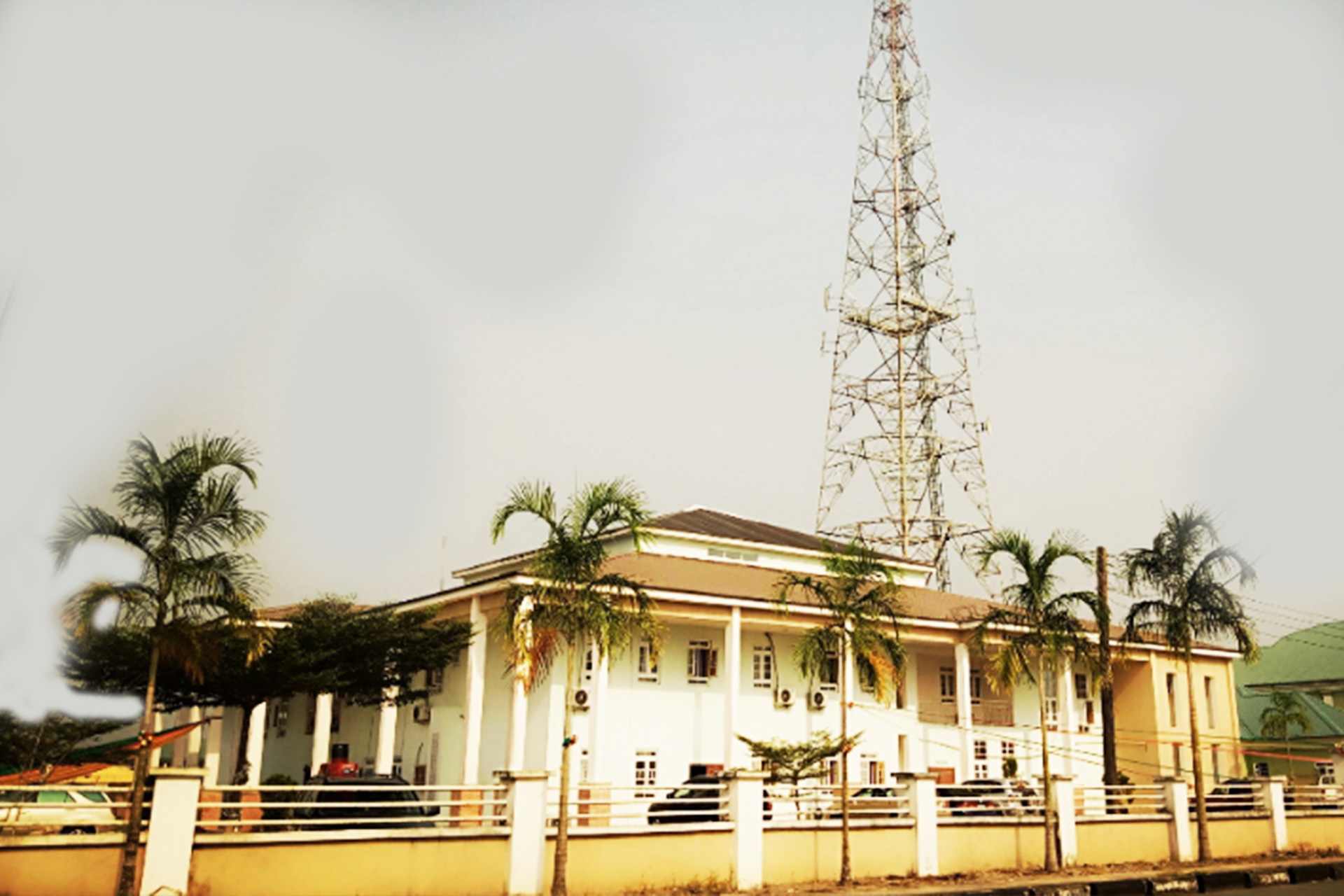The theory of education is said to be as old as life itself. John Dewey, an American philosopher and psychologist submits that learning started naturally as a way of adults passing on knowledge to their younger ones by training them to understand the tenets of culture and skills to survive in the society. Although some school of thoughts opine that this process was usually repeated from one generation to another, before the advent of formal education characterised by teaching and learning within the four walls of a school.
Owing to the assertion above, the first Nigerian philosopher of Education, Dr. Aliu Fafunwa also admits that: “Education is what each generation gives to its younger ones, which makes them to develop attitudes, abilities, skills and other behaviours which are of positive value to the society in which they live.” Comparably, all the declarations above best define the importance of education to man and the society. Against this backdrop, the United Nations (UN) General Assembly initiated the International Education Day celebration in 2019. Thus, annually, 24 January is officially celebrated with event geared towards using education to preach peace and development round the world.
Sadly, the upsurge of gender inequality, discrimination, racism, xenophobia and other societal deviances across the globe clearly indicates that there is more work to be done in spreading the message of peace through education, this is due the fact that not all persons are privileged to access learning in a cordial and peaceful environment. Interventions like capacity building programmes, youth empowerment schemes, violent crime control and law enforcement acts put in place by governments over the years to promote peace and development are yet to yield the needed results. More worrisome are the trending political hate speeches during and after elections, religious and ethnic crises rousing disparities.
It is noted that the high rate of poverty, teenage pregnancy, child marriage and school dropouts can largely be traced to inadequate education. Similarly, poor parenting is also agreeably another consequence of poor education, leading to the alarming rate of cultism, political thuggery, high intake of hard substances, child abuse, etc.
Giving to these challenges and many others, the UN decided to caption this year’s event, which is the sixth international Education Day celebration with the theme: “LEARNING FOR LASTING PEACE.” This theme underscores the fact that education is very crucial now than ever before, to help change the thinking patterns of individuals positively and the need for all to have access to quality education. This is why there is need for Governments to embrace transformative education, capable of empowering citizens with the necessary knowledge, values, attitudes, skills and behaviors to become agents of change and peace in the society and formulate correlating policies to tackle youth restiveness and other related offences.
One of such interventions is for governments through the Ministry of Education to accommodate more vocational subjects at the basic and secondary school levels, establish more technical learning centers to enable students acquire handcraft skills that will not only bring about a multiplier effect in job creation and self-reliant citizens, but also engineer relative peace and development in the states and the world generally.
In the words of Tim Johnson, an American animator and film director, “There is no end to learning,” so academic institutions and sister agencies alike should as a matter of priority key into the 21 century timeless e-learning system to further improve the standard of education globally.
In conclusion, all and sundry are therefore charged to join the band wagon in using all forms of education to create adequate awareness to foster peace, unity, stability and development in the state, country and the world at large. As John Dewey rightly propounds, “Education is the development of all those capacities in the individual which will enable him to control his environment and fulfil his responsibilities.”
Ediabai Susan Chijioke
Ministry of Information, Orientation and Strategy
Bayelsa State

